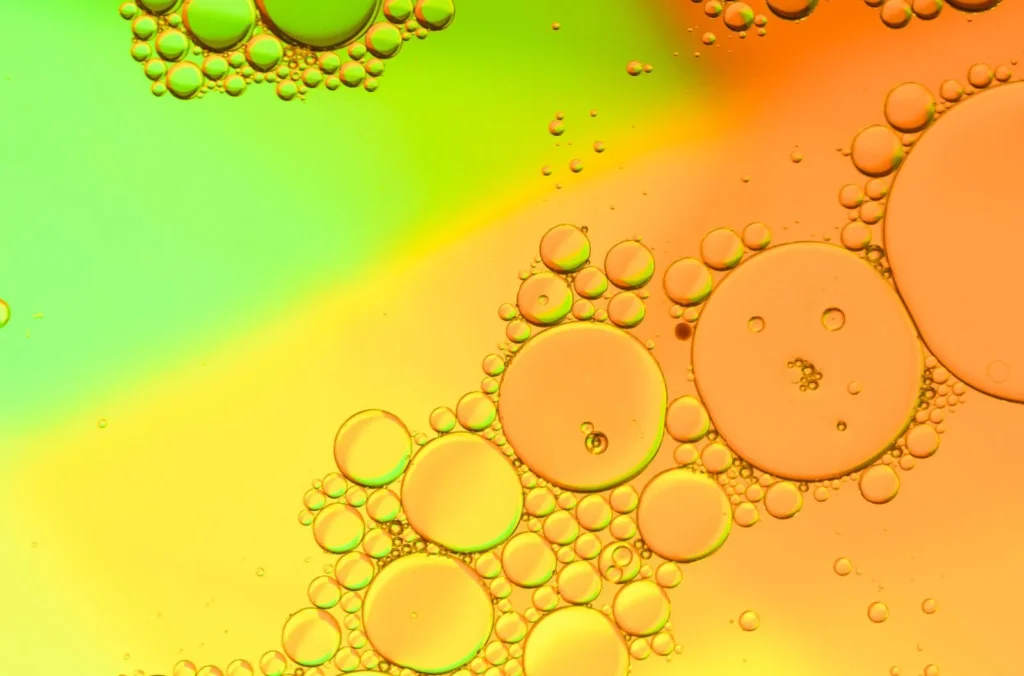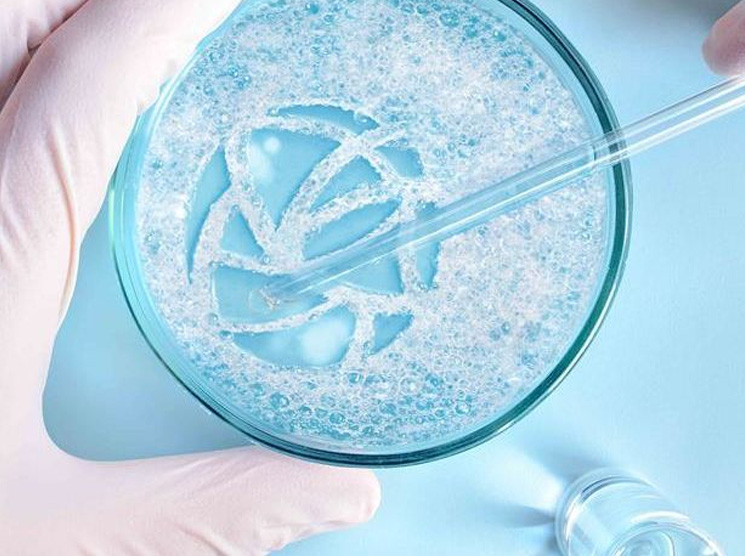The Role of Defoamers in Enhancing Item Quality and Efficiency
In various manufacturing procedures, the existence of foam can considerably prevent item high quality and operational efficiency. Defoamers work as vital ingredients that minimize this issue, making certain smoother manufacturing process while improving the practical and visual qualities of the last products (defoamers). Their application covers a multitude of sectors, from food and beverage to pharmaceuticals, where consistency and integrity are critical. Nevertheless, the option of the proper defoamer can be critical to achieving ideal outcomes, raising important questions regarding solution compatibility and efficiency metrics that warrant more expedition.
Recognizing Defoamers
Understanding the role of defoamers is vital for preserving item quality across different markets. Defoamers are chemical additives designed to prevent the formation and decrease of foam in fluid systems, which can adversely influence procedures such as mixing, filling, and surface tension. Frothing can lead to inadequacies, product problems, and compromised visual charm, making defoamers an essential part in making procedures.
In commercial applications, defoamers assist to boost item consistency and stability. For instance, in the paint and finishings industry, foam can hinder the application process and the final finish. In food and beverage production, excessive foam can impede bottling and packaging performance. The effective use defoamers not only makes sure smoother production procedures however also adds to premium item performance.
In addition, the option and formula of a defoamer must straighten with details application needs, such as compatibility with various other ingredients, performance under varying temperature level and pH conditions, and prospective governing restrictions. Ultimately, recognizing defoamers' features and their relevance in various solutions is vital for enhancing manufacturing and ensuring the best quality final product.
Sorts Of Defoamers
Defoamers can be classified into numerous kinds based on their make-up and mechanism of activity. The key kinds include silicone-based, non-silicone organic, and not natural defoamers.
Silicone-based defoamers are amongst the most reliable, mostly due to their ability to spread out promptly on the liquid surface area and interrupt foam development. Their special chemical structure allows for exceptional security, making them ideal for high-temperature applications and atmospheres with differing pH degrees.
Non-silicone organic defoamers, usually composed of natural oils or fats, are valued for their biodegradability and reduced poisoning. These are normally made use of in food and beverage applications where security and environmental impact are vital.
Inorganic defoamers, that include materials like talc or calcium carbonate, act by raising the thickness of the fluid, thereby decreasing foam stability. They are commonly made use of in commercial procedures where compatibility with various other materials is not an issue.
Each kind of defoamer has distinctive advantages and restrictions, permitting customized remedies depending upon the specific foaming problems encountered in various applications. Comprehending these distinctions is important for optimizing performance and achieving desired product quality.
Applications Across Industries
Various industries leverage defoamers to boost item top quality and operational efficiency. In the food and beverage field, defoamers are crucial in processes such as brewing and dairy production to stop foam development, which can bring about ineffectiveness and item variance. By managing foam, producers can make sure much better return and a more consistent item.
In the pharmaceutical sector, defoamers play an essential duty my review here in the solution of liquid medicines, where excessive foam can hinder mixing and accurate application. Their use helps keep the stability of the formulations and assists in smoother production processes.
The paint and coverings market likewise counts on defoamers to boost the efficiency of items throughout application. By decreasing foam, these ingredients guarantee a smoother coating and improve the visual qualities of the final product.

Benefits of Using Defoamers
While the application of defoamers differs across sectors, their advantages consistently improve product top quality and process performance. One significant advantage is the decrease of foam development during making processes, which can or else result in manufacturing delays and disparities in product top quality. By minimizing foam, defoamers make it possible for a smoother flow of materials, assisting in more efficient procedures and decreasing the chance of devices malfunctions.
Additionally, using defoamers can boost the look and appearance of end products. In industries such as finishings, paints, and food processing, excessive go to website foam can jeopardize the aesthetic aesthetics and overall top quality, while the proper defoamer application ensures an uniform surface and preferable qualities. Defoamers can contribute to set you back savings by decreasing waste throughout manufacturing and enhancing the use of raw materials.

Choosing the Right Defoamer
Selecting the ideal defoamer is critical for optimizing production procedures and guaranteeing product top quality. The choice of defoamer influences not just the efficiency of foam control however likewise the total performance features of the final product. Elements to think about consist of the sort of application, the chemistry of the solution, and the ecological conditions under which the product will certainly be made use of.
Different industries may call for particular defoamer kinds, such as silicone-based, organic, or polymeric defoamers. Understanding the compatibility of the defoamer with the key active ingredients is important to prevent adverse reactions that might jeopardize item stability. Additionally, the defoamer's efficiency in various temperatures and pH degrees should be evaluated to ensure regular efficiency.
Evaluating the defoamer in small-scale applications can give useful understandings right into its performance and viability. Factor to consider of regulatory compliance, specifically in food, drugs, and cosmetics, is vital in selecting a defoamer. Ultimately, a detailed evaluation of these aspects will certainly cause the selection of a defoamer that not just manages foam successfully however likewise enhances the high quality and efficiency of the last product.
Conclusion

In verdict, defoamers are crucial ingredients that significantly enhance item quality and efficiency throughout various sectors. The critical selection and application of defoamers lead to cost savings, enhanced resource usage, and raised consumer satisfaction.
Foaming can lead to inadequacies, item defects, and jeopardized aesthetic charm, making defoamers an essential component in producing operations.

 Julia Stiles Then & Now!
Julia Stiles Then & Now! Burke Ramsey Then & Now!
Burke Ramsey Then & Now! Shannon Elizabeth Then & Now!
Shannon Elizabeth Then & Now! Suri Cruise Then & Now!
Suri Cruise Then & Now! Andrew McCarthy Then & Now!
Andrew McCarthy Then & Now!